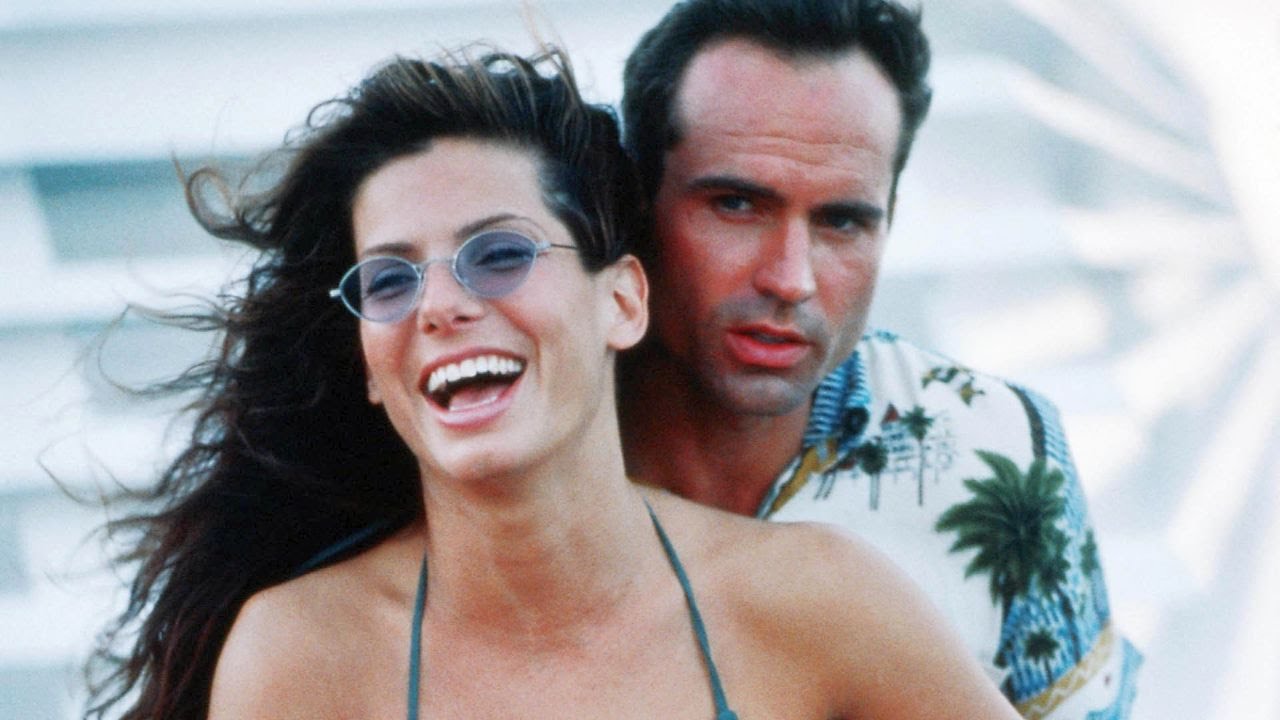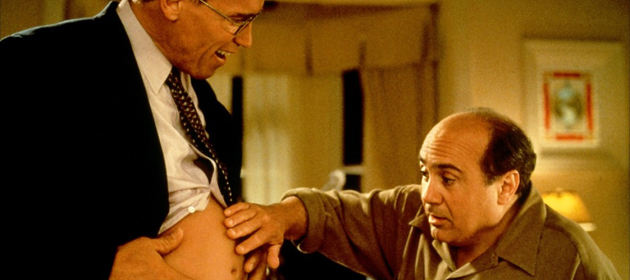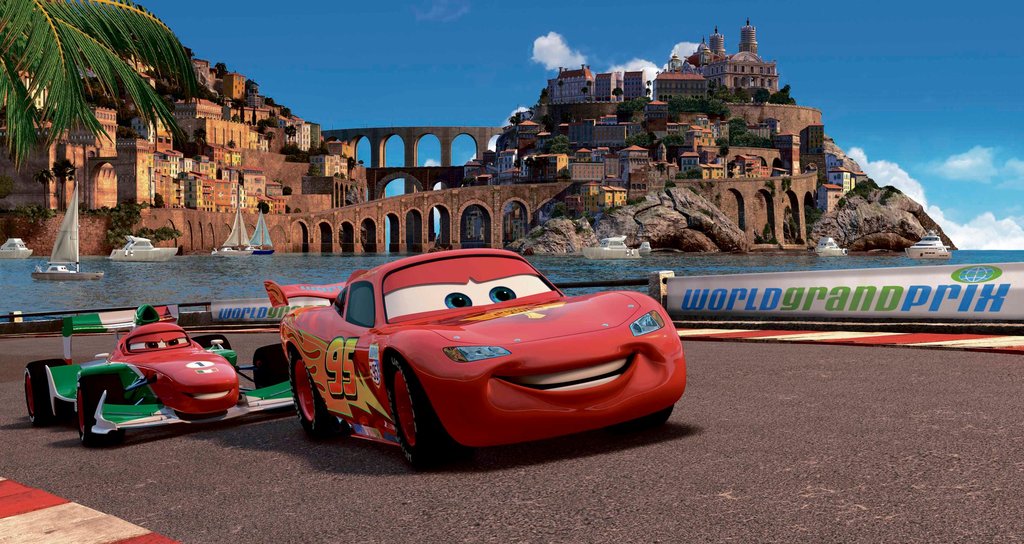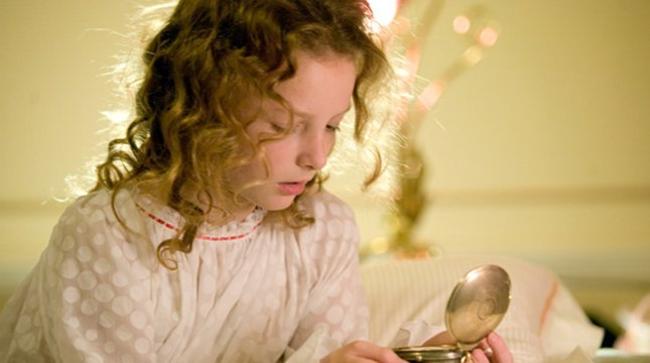6. 2012

Ebert is great at keeping the intended audience of the film in mind. If it is for kids or for teenage boys, he might give the film a higher rating if he thinks the film has served that audience well. Hopefully, that was his thought process behind giving “2012” three and a half stars. I don’t think it’s bad; in fact, I would give the film a mixed review, especially coming from the second place king of explosions, Roland Emmerich. There’s some beautiful technical work going on here, and as Ebert mentions, “2012” delivers what it promises.
So, I wouldn’t be writing this if Ebert gave it a two or two and a half stars, it’s because he gave it three and a half stars. There is no characterization or much a plot, it’s just cool set pieces and special effects for 158 minutes, which is a super long time to have no real plot and a terrible script, but that’s nothing new for a Roland Emmerich film.
I will give Ebert credit with the end of review. He argues that this is not a masterpiece, it is not one of the best of year, but it is a quality example of what a disaster film can be. He is saying that the rating may be a shock, but not to compare to others so literally. However, I disagree with how Ebert credits the film with his star system.
No matter how great the effects are, as Ebert raves throughout most of his review, there has to be some substance. There is no substance behind “2012”, so I disagree strongly with this rating.
7. Speed 2: Cruise Control

Cruise control was right. There was nothing thrilling about this sequel. Keanu Reeves isn’t in it, which already takes the film down a notch as he actually gave a quality performance in the first film, a rare feat for Reeves. Who is his replacement? Jason Patric. I know right?! Who? With respect to Patric’s roles in “Sleepers” and “The Lost Boys”, he was a sorry replacement here.
This film is simply ridiculous, the action is poor, and it’s on a slow-moving cruise ship, not a fast-moving bus, where you feel every movement a character makes. If it wasn’t for Willem Dafoe’s unhinged performance, this film would have no redeeming factors. Ebert, on the other hand, saw the film as fun and goofy, perfect for a hot summer evening.
Since when was goofy part of the summer thriller genre? Sandra Bullock, who thankfully recovered from this, looks crazy and initially lost some credibility from this film.
Ebert’s review of the film, along with Gene Siskel’s, are the only positive reviews on the film on Rotten Tomatoes, hence the 2 percent approval rating. The review has inspired more disbelief than any of his others. He has spoken about the difficulty of making films such as this, on something that is always moving. I cannot defend Roger on this one, and Gene and him can watch “Speed 2” in heaven without me.
8. Junior

Arnold Schwarzenegger, aka. the Governator, stars as a research geneticist who undergoes male pregnancy as part of a scientific experiment. Danny DeVito also stars as a obstetrician and gynecologist. Emma Thompson, the most believable doctor of the three, stars as well.
Overall, “Junior” had a lukewarm reception, with a 42 percent approval rating from the critics on Rotten Tomatoes. Most thought it was a nice change of pace for Schwarzenegger and was a cute comedy with a been-there, done-that joke scheme and premise. Despite the tepid response, Schwarzenegger and Thompson were nominated for Golden Globes for their performances. It must have been a down year for comedies and musicals. Ebert raved about “Junior”, giving the film three and half stars.
In his review, Ebert said, “The most unexpected thing about the movie is not that it’s funny, which we expect, but that it’s sweet. It’s one of those films you sit through with an almost continual smile. It’s goofy and ridiculous and preposterous, and yet it makes you feel good, and there is something oddly heartwarming about the sight of this macho guy melting with feelings of protectiveness and maternal concern.”
I agree that Junior is a nice mix of goofy, ridiculous, and sweet. However, I am more on the tepid side on my review. The fact that he raved and gave the film such a high score baffles me. “Junior” is far from a bad film, but I am more with the majority here in that it is just an average, cute film.
9. Cars 2

Pixar’s worst reviewed film. Their worst attended film. Their first film to not be nominated for an Oscar. It is also the first Pixar film not nominated for Best Animated Feature in the history of that award (2001–present). Most people thought it was an unnecessary sequel to a first film that was not greeted with exceptional warmth, like the rest of the Pixar catalogue. Some criticized it as an attempt by Disney to make more money selling “Cars”-related merchandise. It was the first true failure with critics for Pixar.
“Cars 2” did have some fans such as Ebert, who gave the 2011 film three and a half stars. It ignited a series of nostalgic moments for Ebert, not for the first “Cars” movie, but for sitting on his bedroom floor as a child, racing his toy cars. The nostalgia was inspired by John Lasseter and the whole team’s work on “Cars 2”, according to Ebert.
He goes on to say that the film was not about the plot, as Mater the tow truck was the central figure in this film, much to the annoyance of most audiences and critics alike. Ebert’s review was more of a nostalgia trip full of quirky observations than actually saying what were the positive and negative aspects of the film. If he had taken off his childhood nostalgia classes while viewing, maybe he wouldn’t given the film such praise.
There’s some serious rusty storytelling here, to paraphrase the Rotten Tomatoes critical synopsis. I agree with the synopsis here, there’s lots of fun action, but too much Mater and not enough plot to warrant three and a half stars.
10. The Golden Compass

Based on Philip Pullman’s “His Dark Materials” trilogy, particularly the first book in that trilogy, “The Golden Compass” was a fantasy epic that depicts the adventures of Lyra Belacqua, an orphan living in a parallel universe in a world that looks much like our own.
Before and after, the film received criticism from secularist organizations and fans of “His Dark Materials” for the dilution of the anti-religious elements from the novels, as well as from some religious organizations for the source material’s anti-Catholic themes. The studio ordered significant changes late in post-production, and although the final product was not what director Chris Weitz wanted, the special effects were praised and even won an Academy Award.
However, the overall critical reception was mixed, many praising the effects and visuals of the film, but cited its lack of bite and controversy from its source material and lax storytelling overall as criticisms. Ebert, on the other hand, heralded “The Golden Compass”, awarding it four out of four stars. He began his review by calling the film “a darker, deeper fantasy epic than the The Chronicles of Narnia or the Potter films,” saying that it “creates villains that are more complex and pose more intriguing questions.”
I can understand the “Chronicles of Narnia” comparison, but at least the Harry Potter films had strong characterization and plot and were more than just visuals. He also praised the visuals, saying it was wonderfully good looking movie with exciting passages and was a superb visual experience.
However, to me, and I am not alone in this opinion, without the controversy and strong storytelling behind it, “The Golden Compass” becomes a series of beautiful sequences with no power behind them. Also, that Harry Potter comment infuriates me, as there were five films released up to that point, which makes it hard to compare them, in my opinion.
Author Bio: Ryan Anderson is a sophomore at Miami University in Oxford Ohio, where he is studying Zoology and Women, Gender & Sexuality Studies. His love of classic cinema and film history keeps his love for film strong and ever-present in his life.